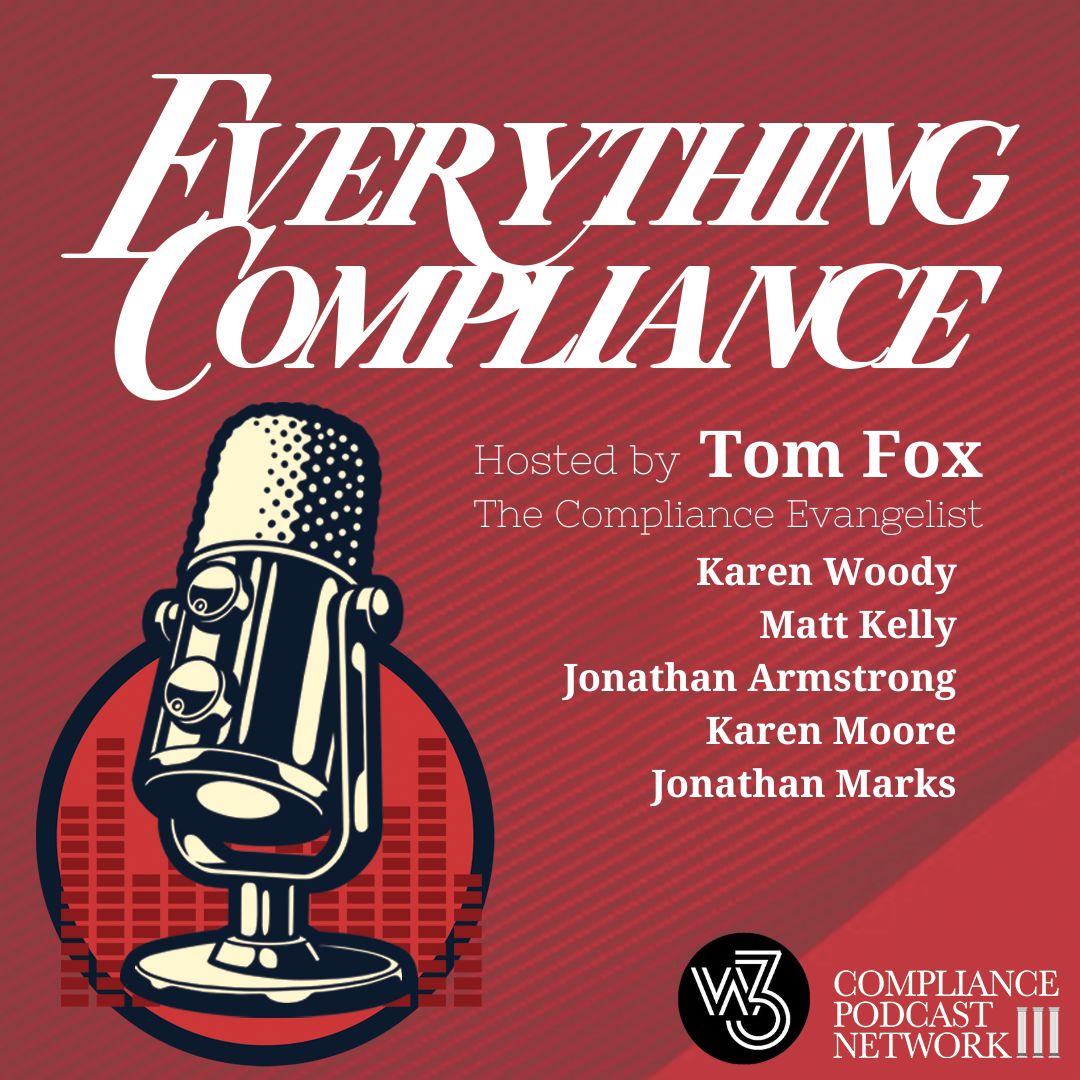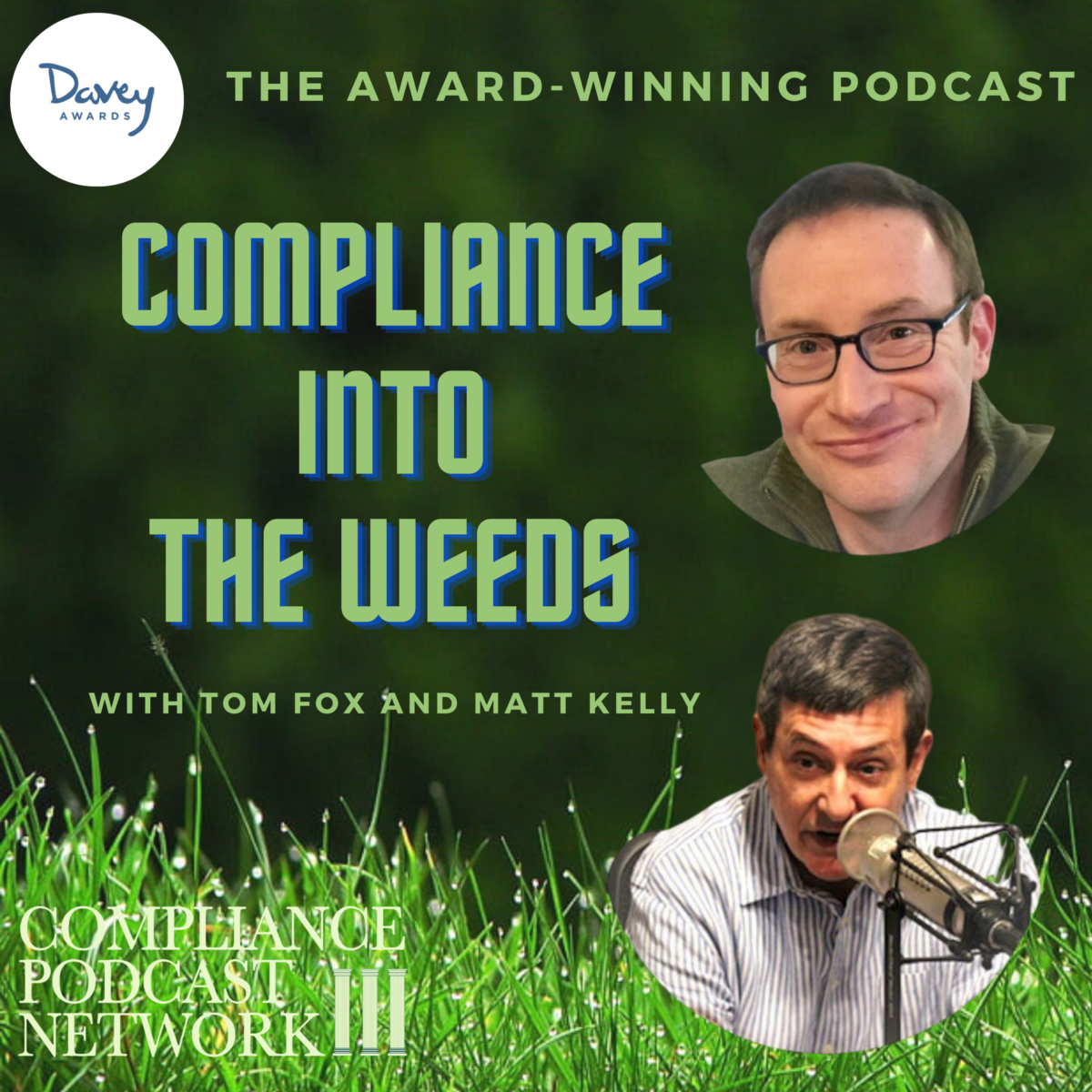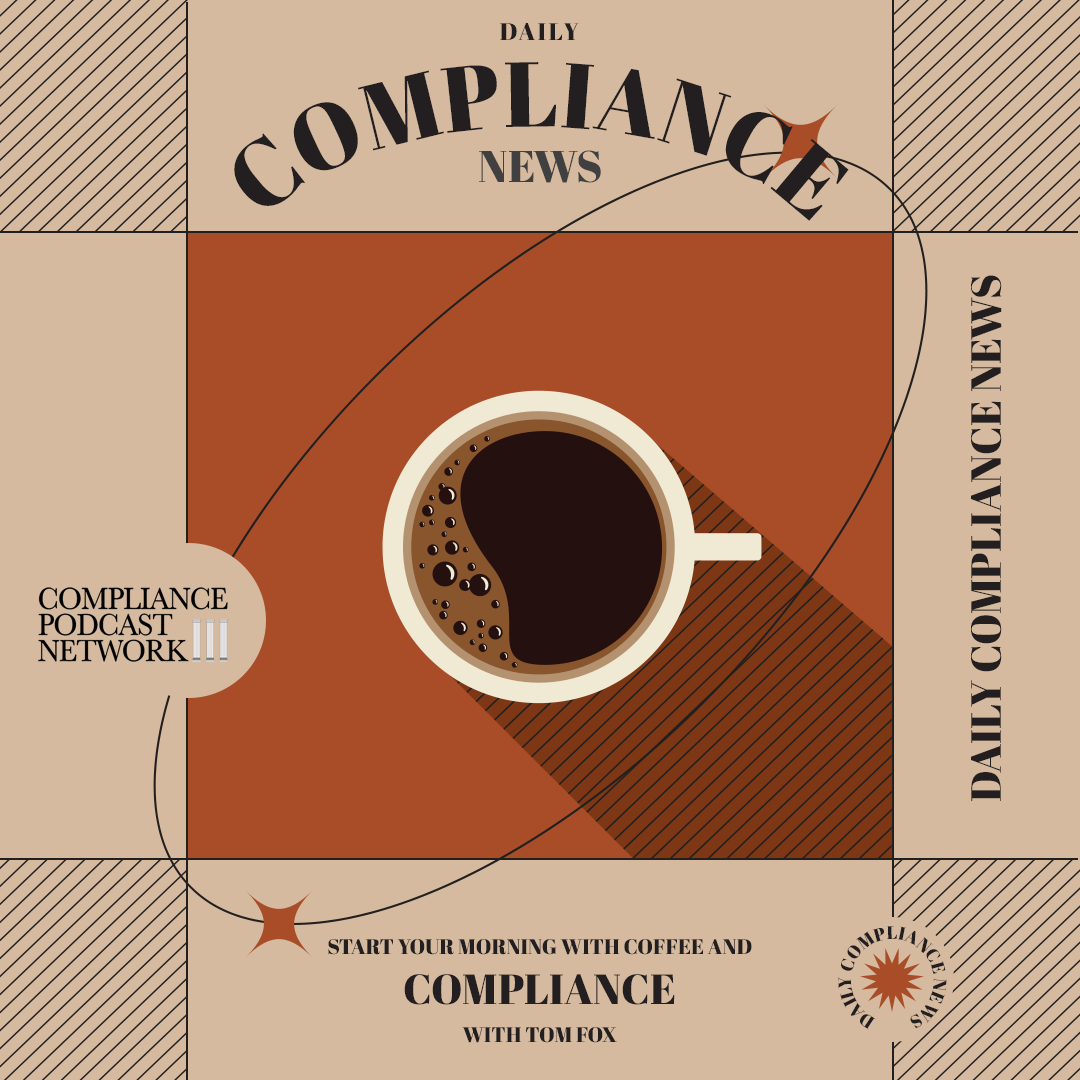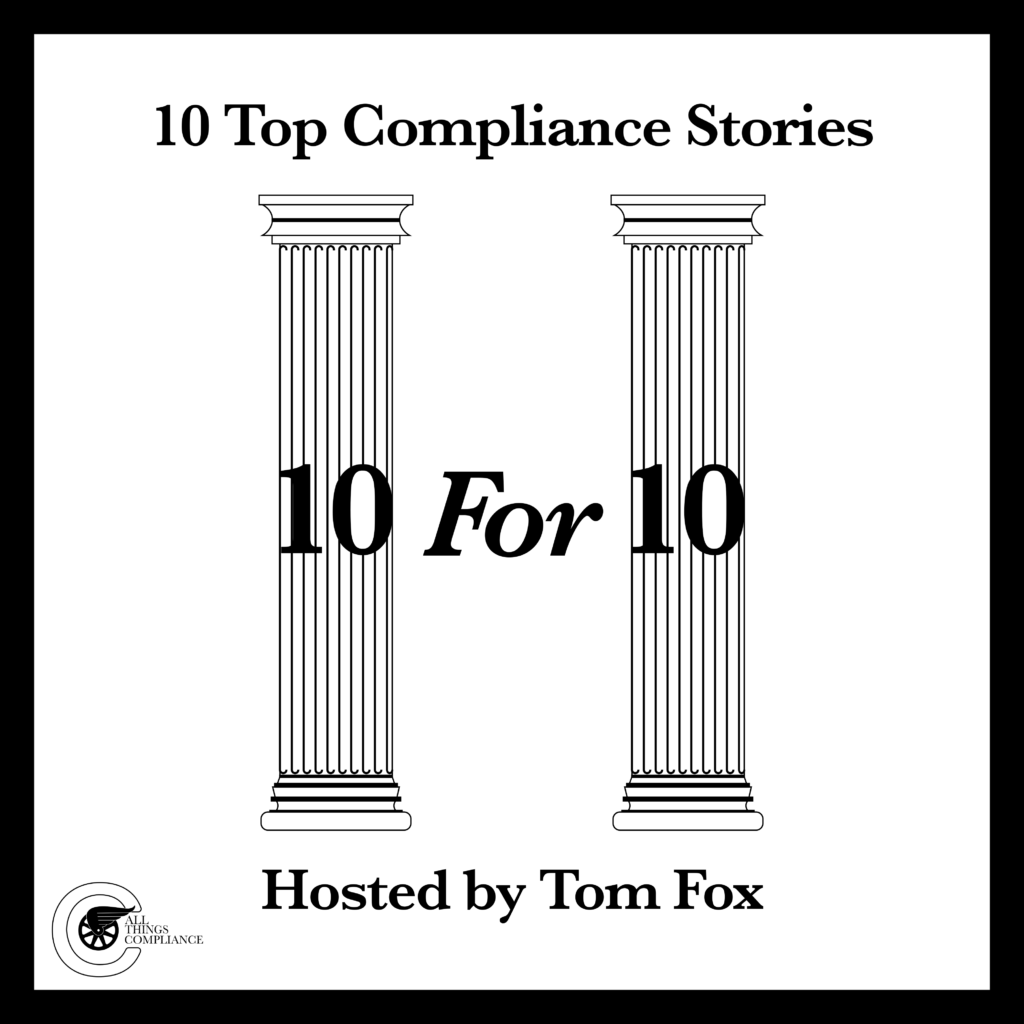Welcome to the Great Women in Compliance podcast on the Compliance Podcast Network, sponsored by Corporate Compliance Insights. Today’s episode is a special episode cross-posted with Everything Compliance.
In this episode, host Kristy Grant-Hart joins Everything Compliance panelists Karen Moore and Karen Woody to team up with the Great Women in Compliance regulars Hemma Lomax and Lisa Fine to dissect current issues in the compliance landscape. They look into the implications of the U.S. Constitution’s 10th Amendment on state rights amidst federal executive action, affecting data privacy and ESG regulations. The panel also explores the shifting terrain of DEI programs under recent executive orders, shedding light on both opportunities and challenges for compliance officers in advocating for ethical practices and maintaining organizational morale during these turbulent times, considering the role of the SEC going forward and the current chaos coming out of Washington. The episode concludes with their signature rants and raves, highlighting frustrations and positive notes from the compliance field.
- Karen Woody on change to require SEC Commission approval to launch investigations.
- Karen Moore on the importance of the 10th
- Lisa Fine on morale, destruction, and confusion.
- Hemma Lomax on change management and employee engagement.
- Rants and Raves
You can join the LinkedIn podcast community Or the Great Women in Compliance podcast community here.










